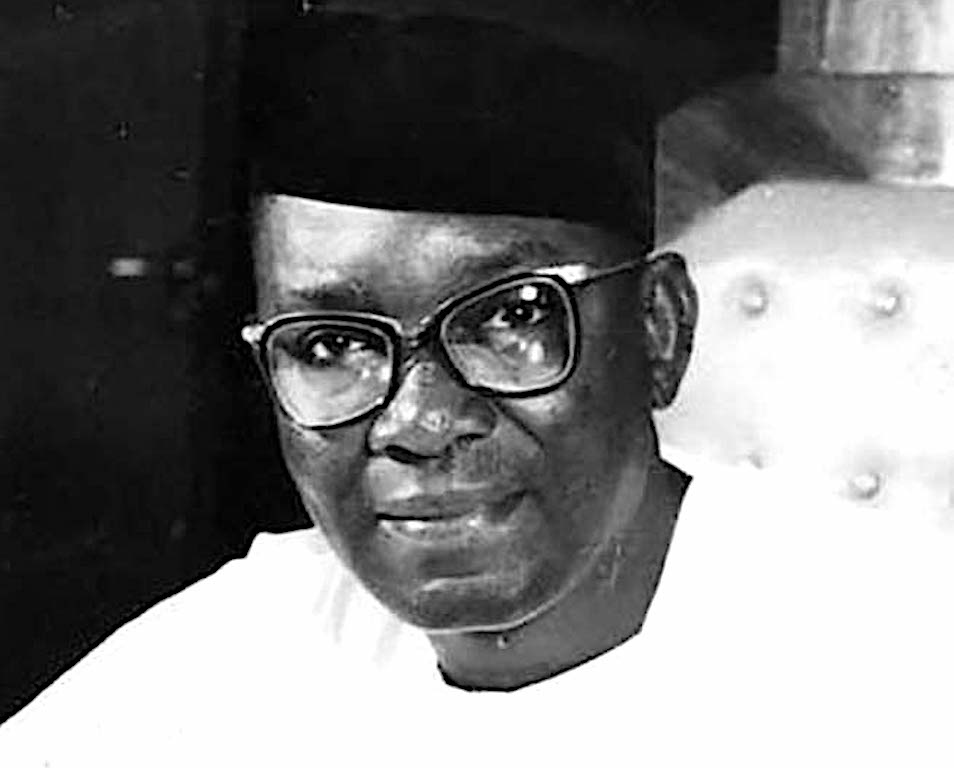Top Lists
10 Key Players In Nigeria’s Independence
In 1960, Nigeria gained its independence from British colonial masters. In this article, RNN will be discussing 10 of our Nigerian heroes and heroines who are also key players in Nigeria’s independence.
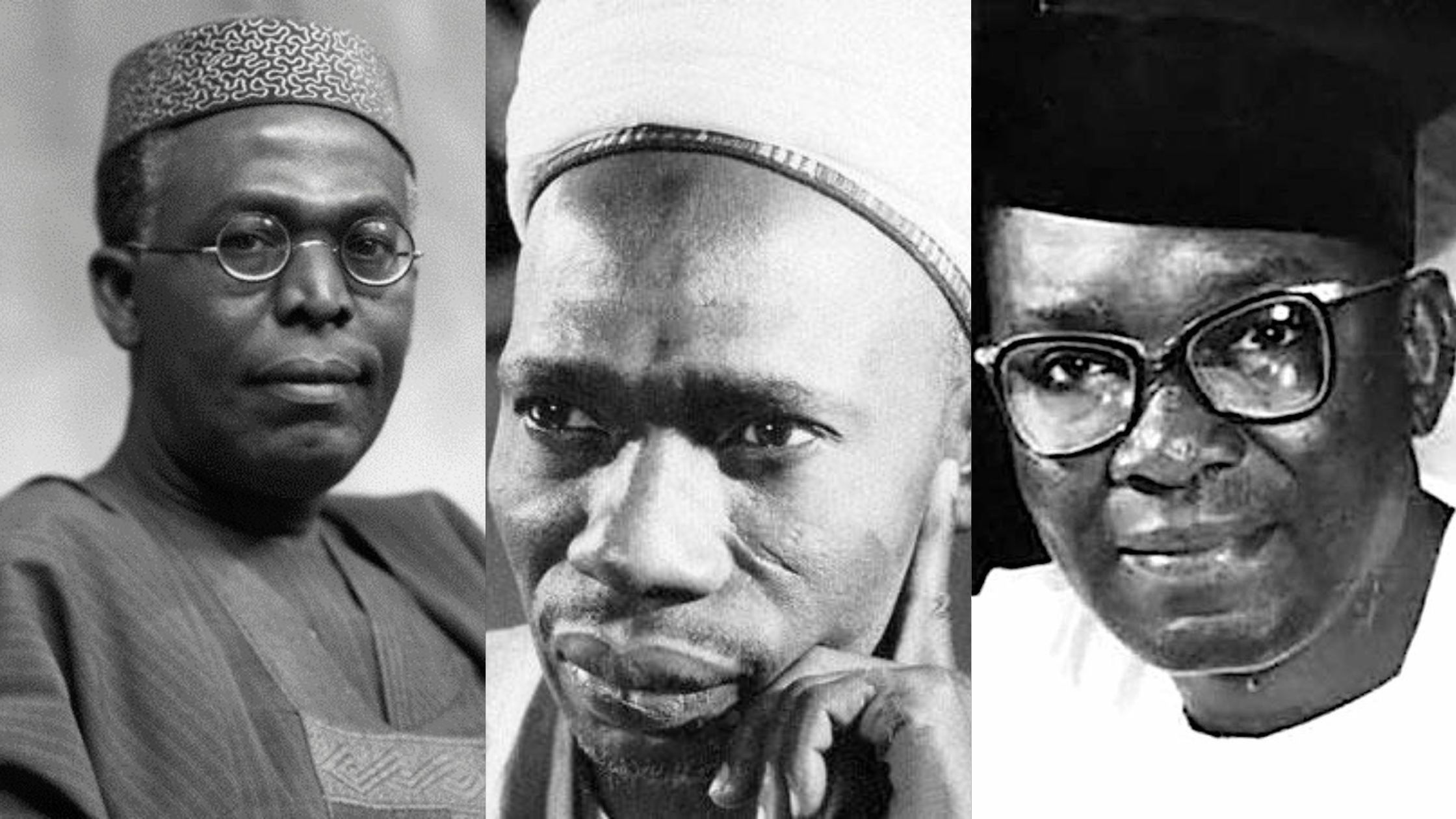
In 1960, Nigeria gained its independence from British colonial masters. In this article, RNN will be discussing 10 of our Nigerian heroes and heroines who are also key players in Nigeria’s independence.
Many things have changed over the years, especially regarding the political landscape. However, what can never be forgotten is the labour of our heroes who made Nigeria’s independence possible.
From Tafawa Balewa, Nigeria’s first prime minister, to Nnamdi Azikiwe, the country’s first elected president, these individuals made the fight for Nigeria’s independence their personal struggle. Here are 10 individuals who contributed to the realization of Nigeria’s independence.
10. Hajiya Gambo Sawaba
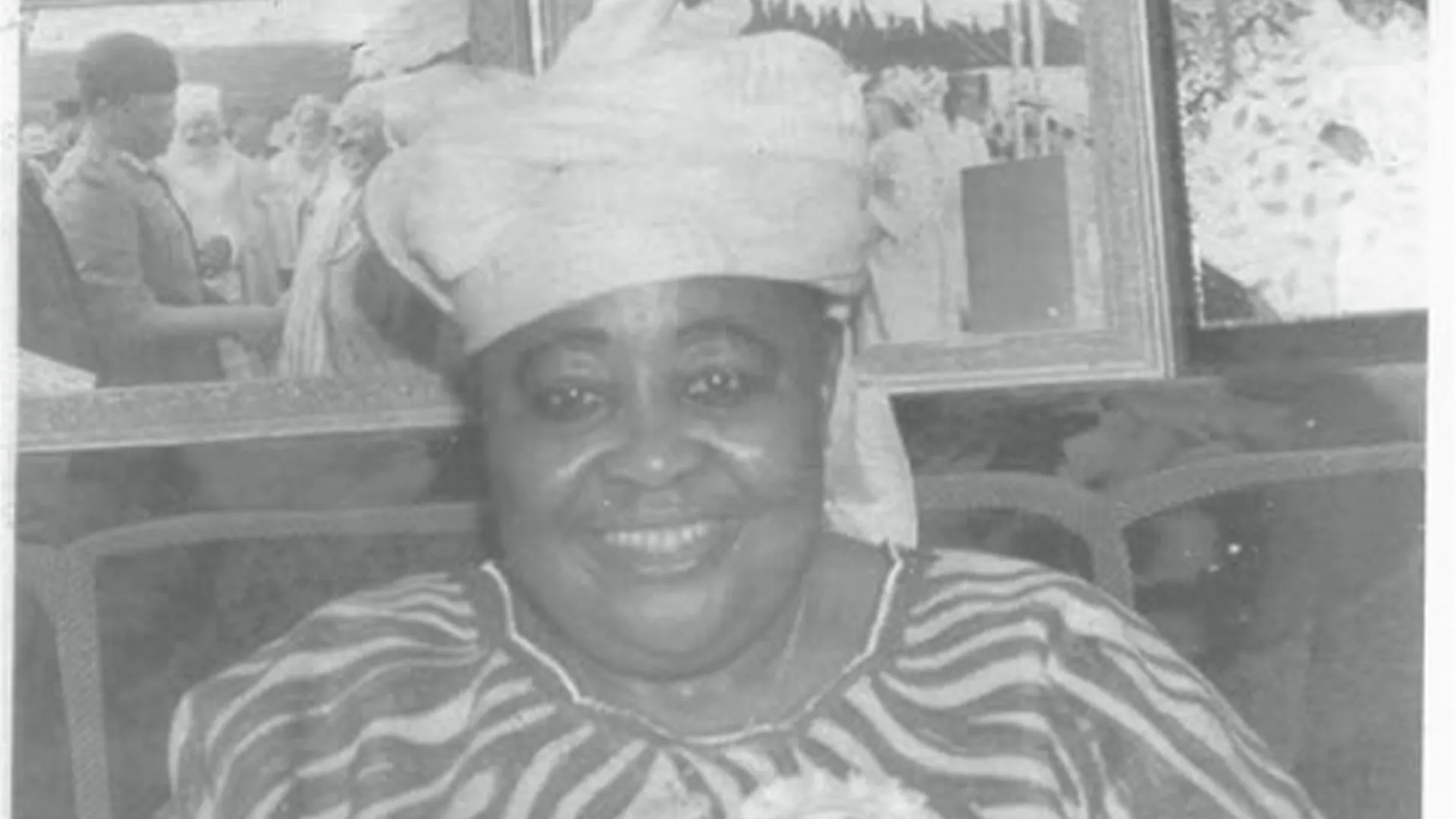
Hajia Gambo Sawaba (15 February 1933 – October 2001) was a Nigerian women’s rights activist, politician and philanthropist. She served as the deputy chairman of the Great Nigeria People’s Party (GNPP) and was elected leader of the national women’s wing of the Northern Element Progressive Union (NEPU).
9. Kudirat Abiola
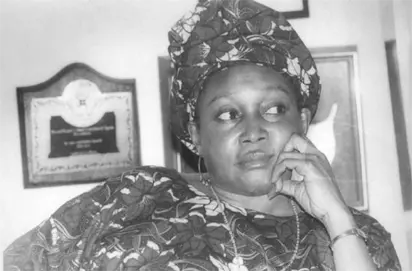
Alhaja Kudirat Abiola born as Kudirat Olayinka Adeyemi (1951 – 4 June 1996), was a Nigerian pro-democracy campaigner. She was assassinated whilst her husband, Moshood Abiola, was being detained by the Nigerian Government. He was the winning candidate in elections that had taken place in Nigeria in 1993 and was arrested shortly after they were summarily annulled by the ruling junta.
Alhaja Kudirat Abiola became an activist when the government of Nigeria shattered her life. From the time of her husband’s arrest, Alhaja Kudirat Abiola courageously called for her husband’s release despite constant and vindictive harassment of her family and supporters by the government.
8. Margaret Ekpo
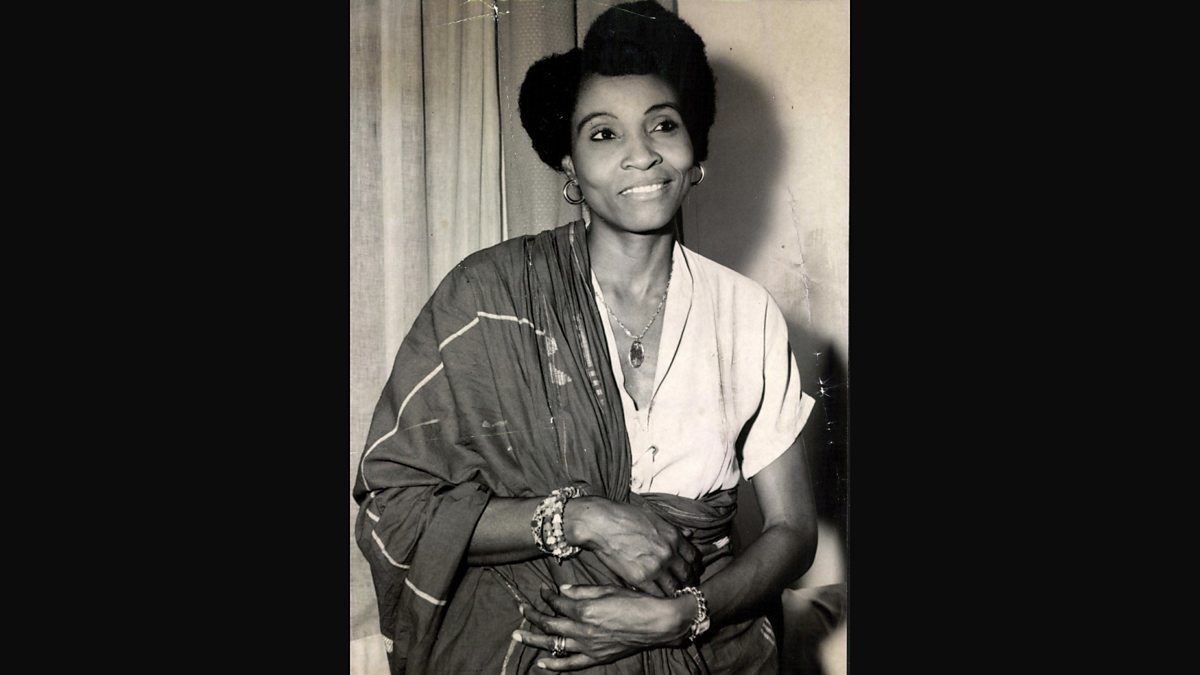
Chief Margaret Ekpo (27 July 1914 – 21 September 2006) was a Nigerian women’s rights activist and social mobilizer who was a pioneering female politician in the country’s First Republic and a leading member of a class of traditional Nigerian women activists, many of whom rallied women beyond notions of ethnic solidarity. She played major roles as a grassroots and nationalist politician in the Eastern Nigerian city of Aba, in the era of a hierarchical and male-dominated movement towards independence.
In fighting for the rights of women and their unjust treatment by the colonial masters, Ekpo registered with the National Council of Nigeria and the Cameroons (NCNC) and, in the years that followed, joined forces with the likes of Ransome-Kuti in mobilising women to become more involved in politics. In 1953, she was nominated by the NCNC to the regional house of chiefs and in the following year, established a pressure group known as the Aba Township Women’s Association.
7. Funmilayo Ransome Kuti
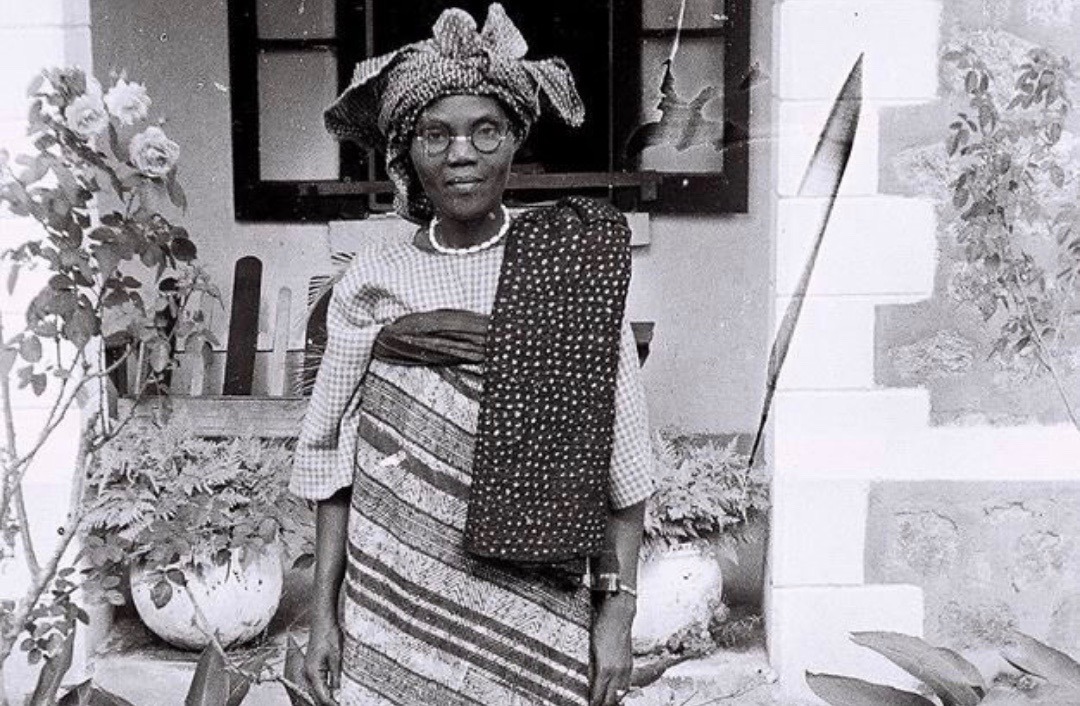
Chief Funmilayo Ransome-Kuti,( born Abigail Olufunmilayo Olufela Folorunso 25 October 1900 – 13 April 1978), also known as Funmilayo Aníkúlápó-Kuti and Chief Funmi, was a Nigerian educator, political campaigner, suffragist, and women’s rights activist.
During the 1940s, Ransome-Kuti established the Abeokuta Women’s Union and advocated for women’s rights, demanding better representation of women in local governing bodies and an end to unfair taxes on market women. Described by media as the “Lioness of Lisabi”, she led marches and protests of up to 10,000 women, forcing the ruling Alake to temporarily abdicate in 1949.
As Chief Funmilayo Ransome-Kuti’s political influence grew, she took part in the Nigerian independence movement, attending conferences and joining overseas delegations to discuss proposed national constitutions. Spearheading the creation of the Nigerian Women’s Union and the Federation of Nigerian Women’s Societies, she advocated for Nigerian women’s right to vote and became a noted member of international peace and women’s rights movements.
6. General Muritala Mohammed
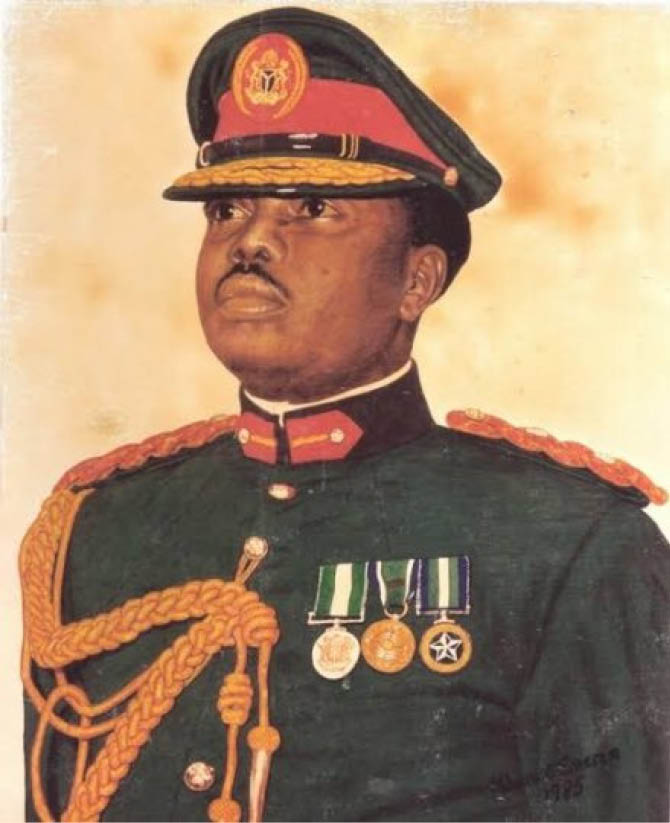
The list is incomplete without General Murtala Mohammed (8 November 1938 – 13 February 1976) who was a Nigerian general who led the 1966 Nigerian counter-coup in overthrowing the Johnson Aguiyi-Ironsi military regime and featured prominently during the Nigerian Civil War and thereafter ruled over Nigeria from 29 July 1975 until his assassination on 13 February 1976. This period in Nigerian history, from the Northern counter-coup victory to Murtala’s death, is commonly associated with the institutionalization of the military in politics.
General Murtala Mohammed took the state-creation approach further from the 12 states created by Gowon to 19, in a bid to stabilize the country. Murtala radically changed the tempo of governance, by waging war against official graft, inflation of contracts and poor approach to public service.
5. Abubakar Tafawa Balewa
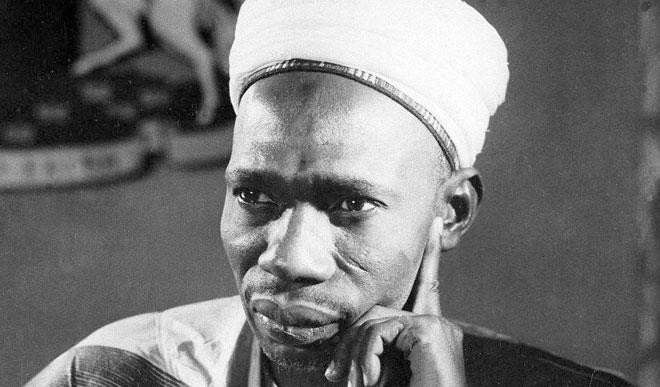
After the NPC won the pre-independence parliamentary election, Tafawa Balewa, being the vice-president of the party, emerged as Nigeria’s first prime minister, a position he held till January 1966, when he was killed in the coup.
During his reign, Balewa was deeply involved in Nigeria’s policymaking process and developed a formidable reputation among Nigeria’s allies globally, especially from 1960 to 1961, when he doubled as the foreign affairs advocate of Nigeria.
He was also known to have played important roles in the early years of indigenous rule in Africa and was an important leader in the formation of the Organisation of African Unity (OAU). In the 1950s, he was actively involved in the campaign for indigenous rule and discussions on constitutional reform which ultimately led to independence in 1960.
4. Sir Herbert Macaulay
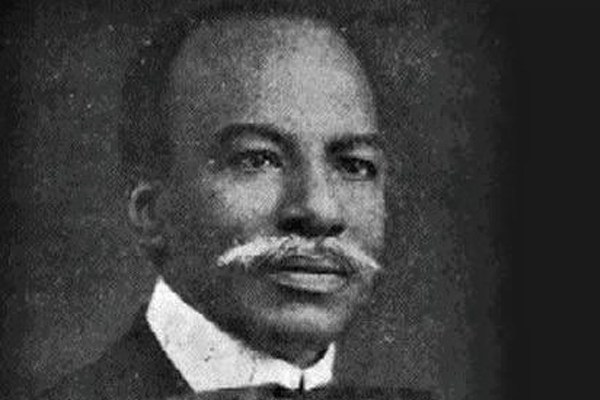
Tagged the father of Nigerian nationalism, Herbert Macaulay was one of the key figures who helped lay the foundation of modern Nigeria.
During the 1920s when Nigeria started to witness the political agitation for self-rule, Macaulay was among the first generation of Nigerian Nationalists who protested against some policies introduced by the British colonial rule, including water rates, land issues, and management of railway finances.
It was during that time, in 1923, that he founded the Nigerian National Democratic Party (NNDP), Nigeria’s first political party whose members were the first to sit in the legislative council and which held sway in Nigeria’s political theatre until the late 1930s when it joined forces with the Nigerian Youth Movement to form the National Council of Nigeria and the Cameroons (NCNC), a nationalist organization designed to advocate for Nigeria’s independence.
3. Chief Obafemi Awolowo
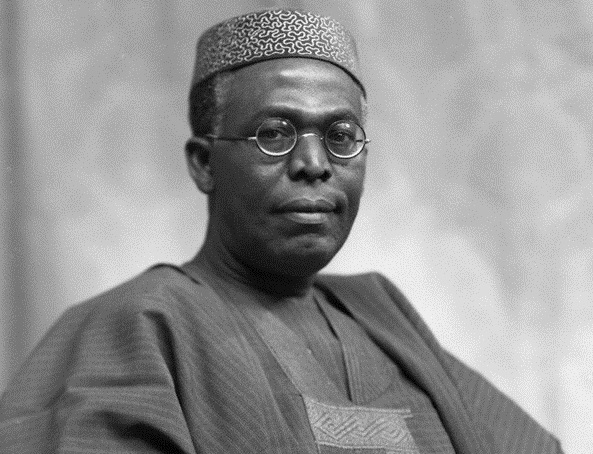
Obafemi Awolowo, who was the first premier of the Western region from 1954 to 1960, was another nationalist who played an active role in the struggle for Nigeria’s independence.
For some, he was Nigeria’s foremost federalist and advocated for federalism as the only basis for equitable national integration. While he led the Action Group (AG), Awolowo was at the forefront of the campaign for a federal constitution, which was introduced in the 1954 Lyttleton Constitution. As the leader of the opposition, he frequently challenged the policies of the Balewa-led government under the Northern People’s Party, often seen as aligning with the British colonial administration.
Awolowo was one of the country’s leading social democratic politicians who, in his agitation for self-rule, was also known to have stood for economic and social development, especially in the western region.
2. Sir Ahmadu Bello
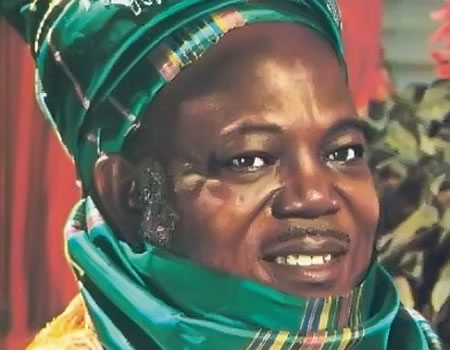
Sir Ahmadu Bello was the first and only premier of the northern region who ruled from 1954 to 1966. As the leader of the Northern Peoples Congress (NPC), he led the party to a majority victory in the pre-independence parliamentary elections of 1959. As Sardauna of Sokoto, he was a formidable force behind the throne and was considered one of the most powerful men in Nigeria.
The historical 1959 general election which effectively ushered in Nigeria’s independence in 1960, saw an alliance between the NPC under Bello ally with the National Council of Nigeria and the Cameroons (NCNC) under the leadership of Nnamdi Azikiwe, which resulted in Nigeria’s first indigenous federal government.
Bello chose to remain the premier of northern Nigeria and always preferred to be among his people in the north. His reign was cut short in a January 1966 coup when he was assassinated by Chukwuma Nzeogwu in a coup which toppled Nigeria’s post-independence government.
1. Dr Nnamdi Azikwe
Azikiwe was a leading figure of modern Nigerian nationalism who spent a better part of his life working to end British control of Nigeria, both as a journalist and a politician. Azikiwe served as the last governor-general of Nigeria from 1960 to 1963 as well as the country’s first elected president from 1963 to 1966 during the first republic. He joined politics in 1944 and later co-founded the National Council of Nigeria and the Cameroons (NCNC) after a successful stint as a journalist, he became active in politics in 1944.
He inspired the Zikist movement, a radical revolutionary and multi-ethnic youth body which championed the Nigerian struggle against imperialism and the belief that Nigerians and indeed Africans should manage their affairs.
As far back as the 1940s, Azikiwe had been championing Nigeria’s independence from British rule and, in 1943, joined other West African editors to sign a memorandum raising awareness about political independence. They had also called for socio-political reforms that would include a repeal of the crown colony system, installing a representative system in regions and granting independence to West African colonies under British rule.
More Articles on RNN
- Top 5 Richest Lawyers In Nigeria (2023)
- 3 Nigerian Billionaires Who Were Once Poor
- 5 Best Private Universities In Nigeria
- Top 5 Nigerian Celebrities Who Married Politicians

